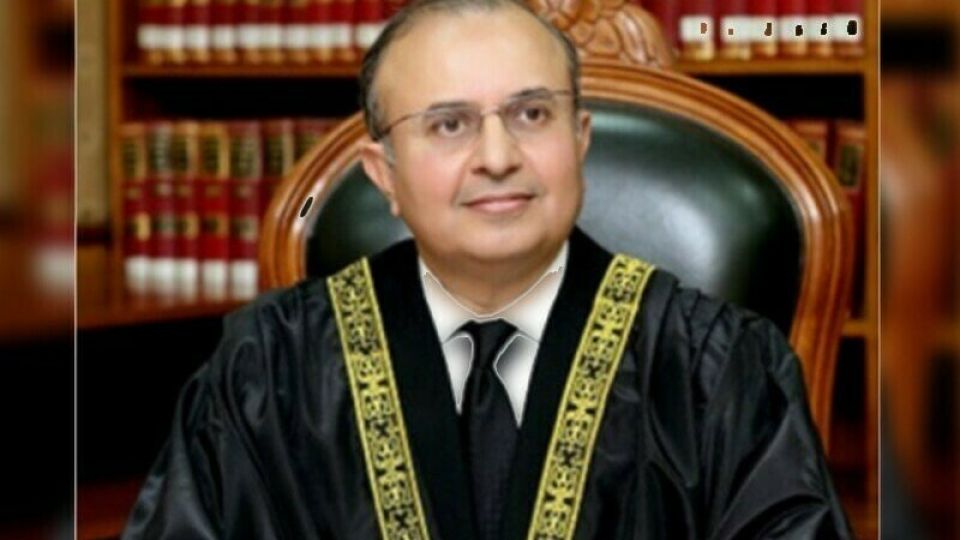February 5, 2024
ISLAMABAD – A three-judge bench of the Supreme Court has ruled that electoral laws must be interpreted by courts in favour of enfranchisement rather than disenfranchisement so that maximum choice remains with the voters to elect their future leadership.
“The aim of prescribing qualifications and disqualifications (under Articles 62 and 63 of the Constitution) for candidates to contest elections is to maintain the integrity and effectiveness of the political process,” observed Justice Syed Mansoor Ali Shah in a judgement he wrote.
These criteria are designed to ensure that individuals holding public office meet certain standards, Justice Shah observed, adding that in a well-functioning democracy, the criteria for qualifications and disqualifications were clearly defined, publicly known and uniformly applied.
Courts should deal with the matters of acceptance or rejection of the nomination papers with this approach, which is rooted in the constitutional rights and values, Justice Shah wrote.
SC overrules high court’s decision to reject nomination papers of PTI candidate
The controversy at hand revolved around the rejection of nomination papers of PTI candidate Tahir Said from the National Assembly constituency NA-49 (Attock-I) who had challenged the Lahore High Court’s decision to uphold the returning officer’s rejection of his candidature for being a “proclaimed offender”.
Justice Shah, who headed the three-judge bench, observed that Articles 62 and 63, read with Sections 231 and 232 of the Elections Act, 2017, did not mention that a “proclaimed offender” was disqualified from being elected or from being a member of parliament.
Also, the grounds provided for rejection of a nomination paper in Section 62(9) of the Act did not empower an RO to reject the nomination paper of a candidate for being the proclaimed offender. Therefore, the high court is found to have made a legal error in rejecting the petitioner’s nomination paper for allegedly being the proclaimed offender, the judgement said, while setting aside the LHC order.
Besides, there was nothing on record to show that the petitioner was a proclaimed offender, the judgement added.
According to the verdict, elections stand as a manifestation of the collective will of a nation, reflecting the diverse voices and choices of its citizens. In this democratic process, individuals exercise their right to vote, contributing to the formation of a representative government.
The rights involved are not only of those participating in the elections but also of the public. The courts, in their role as guardians of democracy and fundamental rights, should approach electoral matters with circumspection, ensuring that their interventions uphold the democratic principles upon which the nation thrives and the fundamental rights of citizens to contest elections and vote for candidates of their choice.
“The right to vote freely for the candidate of one’s choice is the essence of a democratic society, and any restrictions on that right strike at the heart of representative government,” Justice Shah wrote.
“No right is more precious in a free country than that of having a voice in the election of those who make the laws under which, as good citizens, we must live,” Justice Shah said. The disadvantage, if any, for being a proclaimed offender ordinarily relates only to the case in which a person has been so proclaimed, and not to the other cases or matters which have no nexus to that case, the SC pointed out, emphasising that a proclaimed offender is not disentitled to institute or defend a civil suit, or an appeal regarding his civil rights and obligations.
The same is the position with the civil right of a person to contest an election; in the absence of any contrary provision in the Constitution or the Elections Act, his status of being a proclaimed offender in a criminal case does not affect his said right, court ruled.


